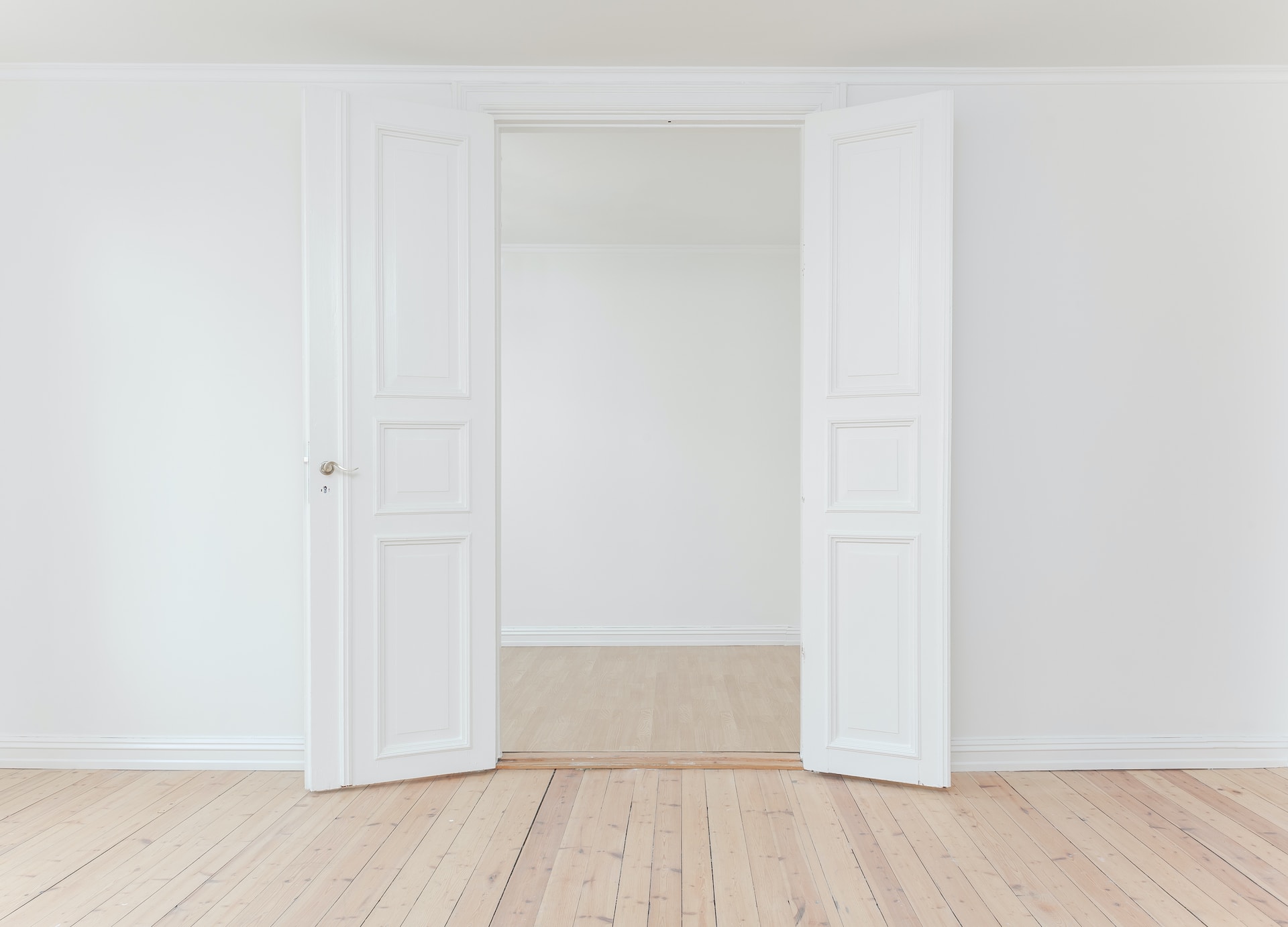
Does Closing Off Rooms Save Heat? An Energy Efficiency Discussion
As winter draws near and the air takes on a frosty bite, many of us find ourselves pondering a familiar question: 'Does closing off rooms save heat?' On the surface, it seems a simple enough concept: restrict the area that needs warming, and voila, energy costs should drop.
But is the reality as straightforward as the theory? Let's see!
The Concept of Heat Flow
Before we can answer the question, we need to understand how heat flows in our homes. Heat moves from warmer areas to colder ones, trying to reach a balance. When we heat our homes, the warm air tries to reach the cold areas, including those unoccupied rooms with their doors closed.
What Happens When You Close Off Rooms?
When you close off a room, the temperature inside that room drops. Now remember, heat loves to flow towards colder areas. So, despite the closed door, your heating system will still expend energy to heat that closed-off room, albeit less efficiently through walls and under the door. So, the energy savings may not be as significant as you may think.
Other Factors at Play
But here's the thing: the answer to the question "does closing off rooms save heat?" is not a simple 'yes' or 'no.' Several other factors can influence it.
The Type of Heating System You Have
The effectiveness of closing off rooms to save heat can greatly depend on the type of heating system your home uses. Forced-air systems can potentially create pressure imbalances when certain rooms are closed off, which may actually reduce efficiency.
On the other hand, systems like radiant heating or baseboard heaters could potentially benefit from closing off rooms because they heat individual rooms separately.
Insulation Quality
The insulation in your home plays a vital role in maintaining temperatures. Well-insulated homes will naturally be more energy-efficient, as they'll retain heat more effectively, irrespective of whether you close off rooms or not.
If a room is poorly insulated, closing it off may not contribute significantly to energy savings, as heat loss will continue through walls, ceilings, and windows.
The Size and Layout of Your Home
Another important aspect to consider is the size and layout of your house. If you have a large, sprawling home with many rooms that are rarely used, closing off some of these spaces may help to save energy. However, in smaller homes or more open-concept designs, the benefits may not be as noticeable.
Personal Comfort and Room Usage
While the main focus is often on energy savings, we shouldn't overlook the aspect of personal comfort. If closing off a room means that other parts of the house become uncomfortably cold, then the practice may not be worthwhile.
Similarly, if a 'closed-off' room is frequently entered and exited, this could lead to heat loss each time the door is opened, counteracting any potential savings.
Your Heating Habits
How you use your heating system also plays a role in whether closing off rooms will save heat. If you consistently keep your thermostat at high temperatures, the potential for savings might be lower than if you manage your home’s heat more conservatively.

4 Surefire Ways to Save Heat
To really save on heating costs, it might be more effective to focus on other strategies. These could include:
- Improving your insulation
- Sealing off drafts
- Using energy-efficient appliances
- Regulating your thermostat wisely
#1: Improving Your Insulation
Investing in high-quality insulation for your home's walls, ceilings, and floors can make a world of difference in maintaining desired temperatures. Insulation acts as a barrier, keeping warm air inside during winter and cool air inside during summer.
By improving insulation, you're not only promoting a more energy-efficient home but also creating a cozier living space.
#2: Sealing Off Drafts
Drafts can be a major source of heat loss, letting the warm air escape and cold air enter. Sealing off drafts in windows, doors, and other openings with weather stripping or caulking can prevent this unwanted airflow.
It's a cost-effective measure that can add up to substantial energy savings, keeping your home warm without overworking your heating system.
#3: Using Energy-Efficient Appliances
Energy-efficient appliances, like smart thermostats and ENERGY STAR-rated heating systems, are designed to consume less energy while providing the same level of performance. By upgrading to these appliances, you can manage your home's energy consumption more effectively and reduce your monthly energy bills.
These devices often come with smart features that allow for precise temperature control and programmable settings, further enhancing energy savings.
#4: Regulating Your Thermostat Wisely
The way you manage your thermostat can have a significant impact on your heating costs. By setting your thermostat to a lower temperature when you're asleep or away from home, you can save a considerable amount on heating bills. Programmable thermostats can automate these adjustments, making it even easier to optimize your home's temperature.
Combining this with other energy-saving practices will lead to a more efficient and comfortable home.
Conclusion: Does Closing Off Rooms Save Heat?
In conclusion, while it seems intuitive that closing off rooms would save heat and thus energy, it's not always the case.
Depending on your specific situation – the type of heating system you have, how well-insulated your home is, and other factors – you may or may not see significant savings. In fact, closing the doors may actually increase your electric bill by impacting the efficiency of your HVAC system.
That's why, in our experience, a more comprehensive approach to energy efficiency will likely yield much better results.
Ladybug Is Your Energy Partner
And don't forget, if you're looking to compare energy plans in your area, simply enter your zip code in the search bar at the top of the page. It's an easy way to find the best electricity plan for your needs!
- Remember, at Ladybug Energy, we're always here to help you understand your energy use and make the best choices for your home and budget.

July 4, 2025
Energy Independence Starts at Home: 4 Ways to Declare Your Personal Freedom from High Bills This Fourth of July

June 20, 2025
How Smart Home Security Systems Affect Your Energy Usage

June 13, 2025
The Smart Texan’s Guide to Beating the Heat: Budget-Friendly Home Upgrades

June 3, 2025
Hurricane Season in Texas: How to Prepare for Power Outages

May 29, 2025
No AC? No Problem: How to Stay Cool During a Heatwave Without Air Conditioning

May 27, 2025
Battery Storage at Home: Are They Worth It?

May 23, 2025
Record May Heat in Texas 2025: What It Means for Your Summer Energy Bills

May 20, 2025
The Rising Popularity of EVs: What It Means for Your Electric Bill

May 16, 2025
Beat the Texas Heat: Summer AC Hacks That Save Money

April 17, 2025
The Truth About Phantom Loads: How Standby Power Is Draining Your Wallet

April 4, 2025
How to Perform a DIY Home Energy Audit and Cut Your Utility Bills

March 31, 2025
Smart Tips to Lower Your Electricity Bill

March 18, 2025
Green Energy 101: Decoding Renewable Electricity Plans

March 14, 2025
Upgrading to a Smart Thermostat: Why You Should Do it and What You Need to Know

February 24, 2025
Power Play: A Step-by-Step Guide to Estimating Your Home's Electricity Usage

February 3, 2025
How Weather Impacts Energy Prices: Understanding the Connection

January 22, 2025
The Datacenter Boom in Texas: Impact on Consumers and Energy Markets

January 21, 2025
How to Lower Your Electricity Bills and Save Big

January 17, 2025
Everything you need to know about Texas Retail Electric Providers (REPs)

December 23, 2024
10 Common Energy and Electricity Myths Debunked

December 18, 2024
How the Texas Electric Grid Works: Key Differences and Insights

December 13, 2024
Smart Plugs Explained: The Ultimate Guide

December 4, 2024
Winter Energy Savings: Tips to Lower Your Electricity Bill

November 27, 2024
Your Power To Choose: Setting Up Electricity Service and Switching Providers in Texas

September 24, 2024
Understanding Electricity Deposits: Why They Exist and How to Avoid Them
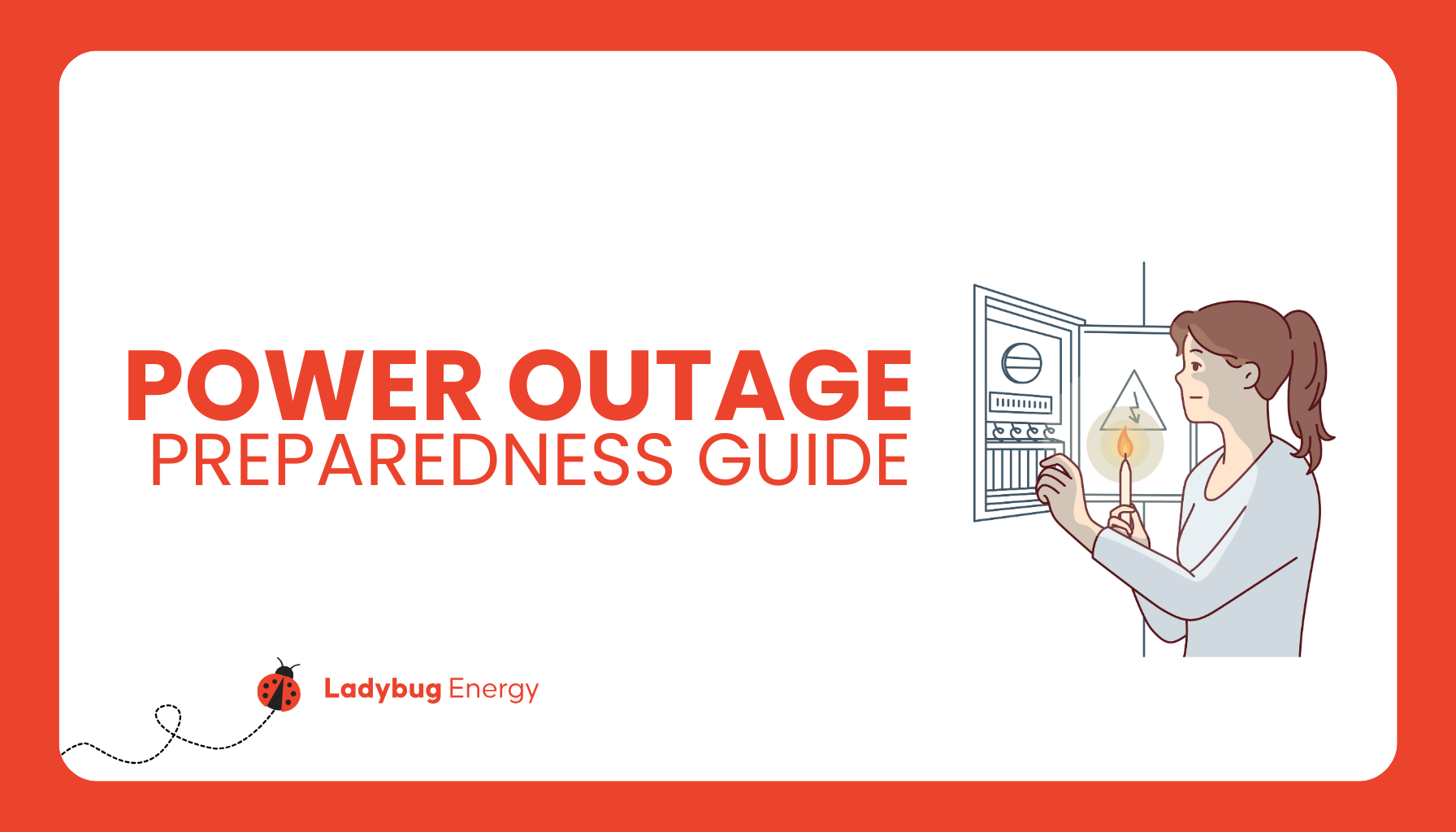
February 26, 2024
Power Outage Preparedness: A Complete Guide

February 9, 2024
Three Years After Uri: How Texans Can Help Prevent Future Power Outages

January 11, 2024
Best Energy Saving Devices for Your Home: From Smart Tech to LED Bulbs

November 28, 2023
How to Read an Electricity Facts Label (EFL)
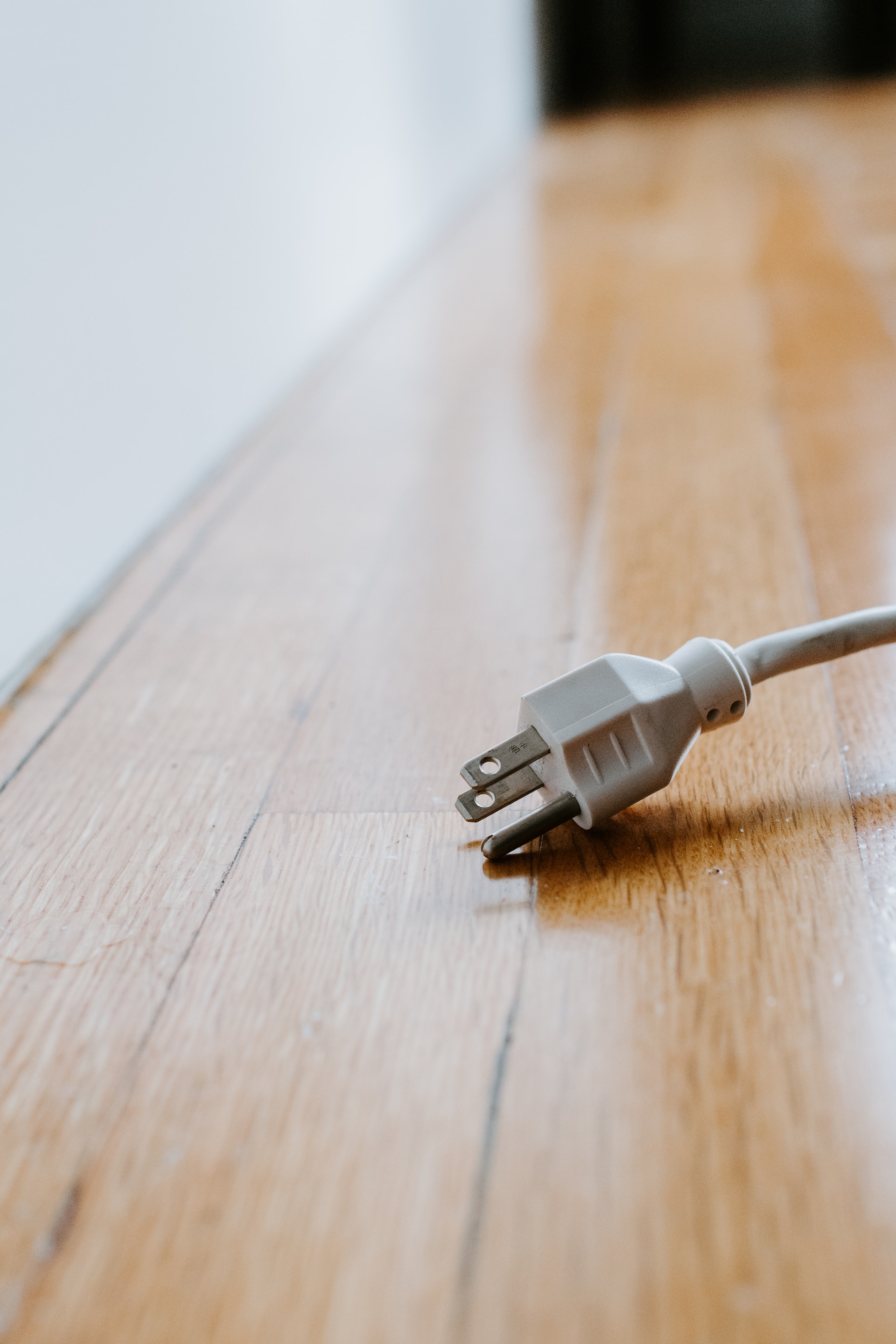
September 12, 2023
How Long Can a Landlord Leave You Without Electricity: What Tenants and Landlords Need to Know
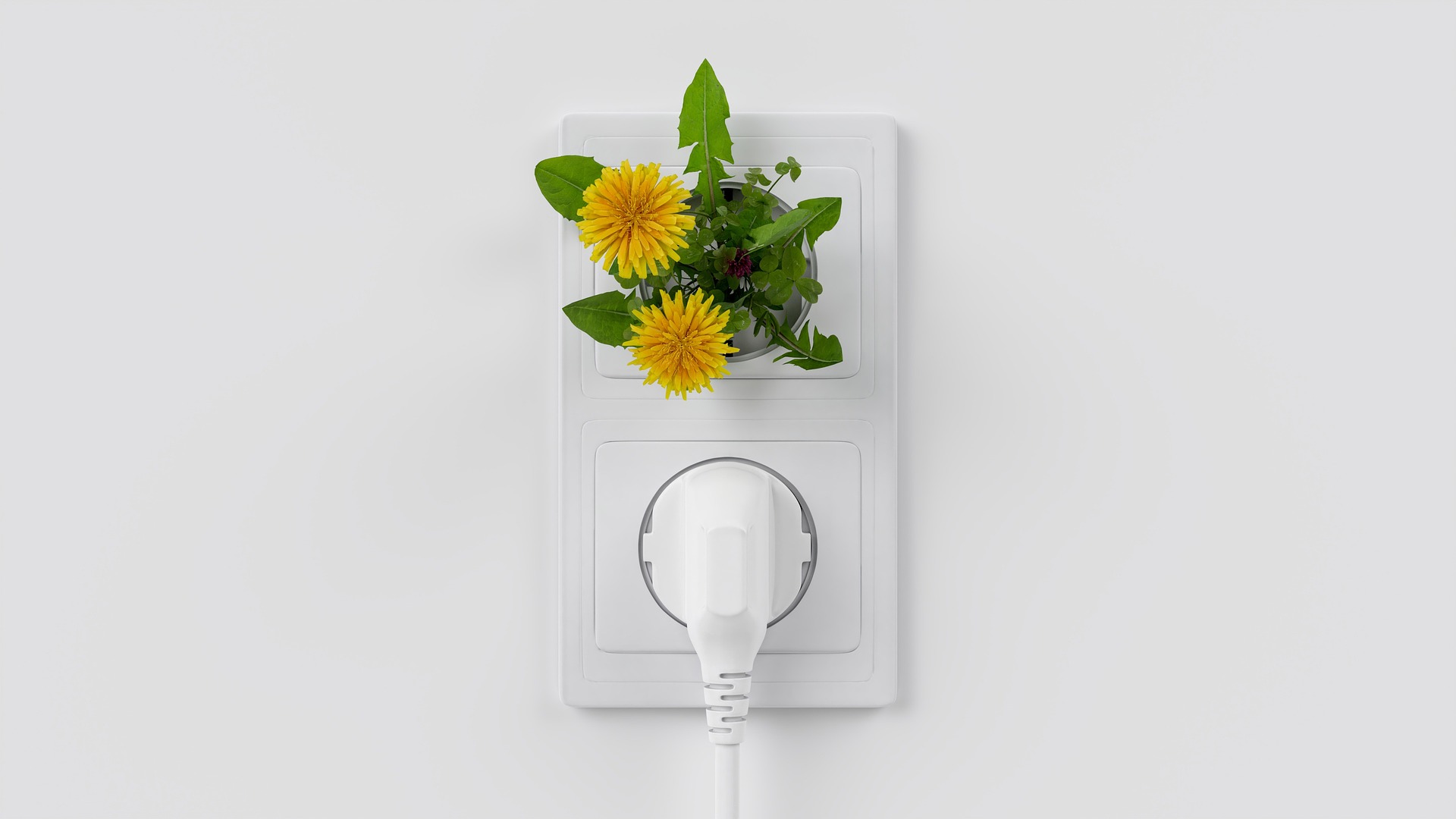
August 21, 2023
Childproofing Electricity: A Parent's Guide to Safeguarding Kids from Electrical Dangers
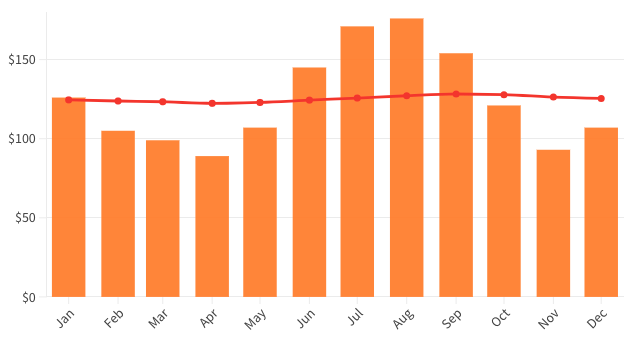
July 19, 2023